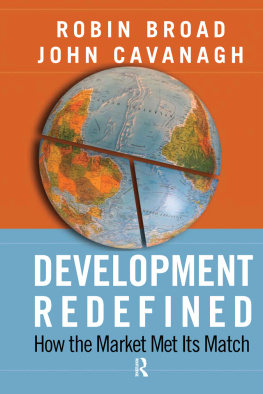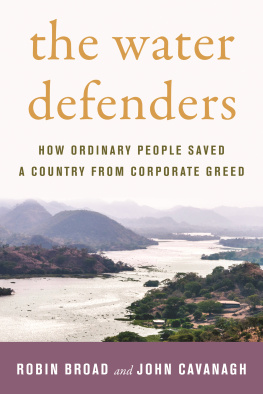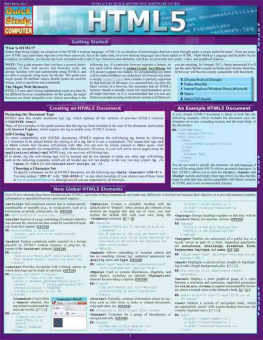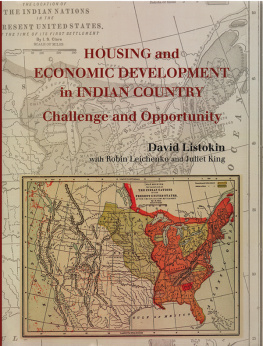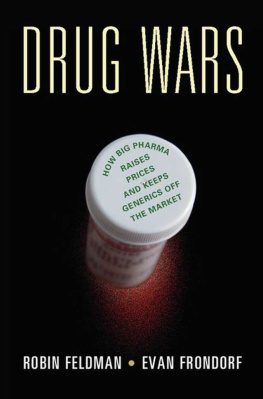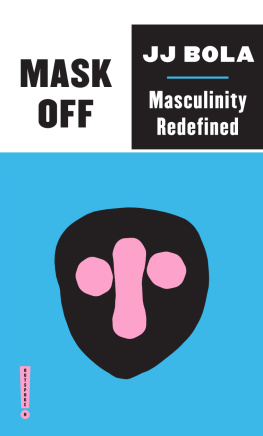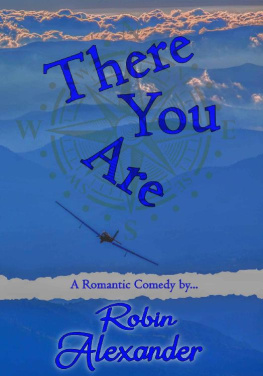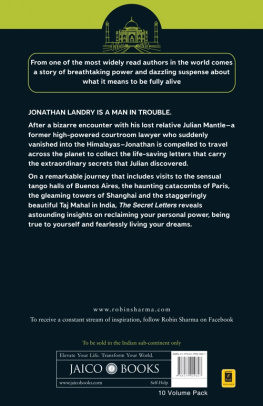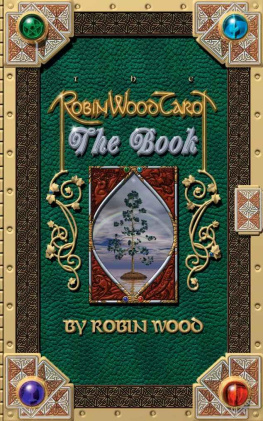Development Redefined
International Studies Intensives
Mark A. Boyer, University of Connecticut, Series Editor
Editorial Board
Robin Broad, American University
Michael Butler, Clark University
Dan Caldwell, Pepperdine University
Mary Caprioli, University of Minnesota Duluth
Robert Denemark, University of Delaware
A. Cooper Drury, University of MissouriColumbia
Doug Foyle, Wesleyan University
H. Richard Friman, Marquette University
Jean Garrison, University of Wyoming
Vicki Golich, California State UniversitySan Marcos
Jeffrey Hart, Indiana University
Shareen Hertel, University of Connecticut
Jeanne Hey, Miami University
Steve Hook, Kent State University
Valerie Hudson, Brigham Young University
David Kinsella, Portland State University
Robert Kudrle, University of Minnesota
Lynn Kuzma, University of Southern Maine
Steve Lamy, University of Southern California
Jeffrey Lantis, College of Wooster
James McCormick, Iowa State University
James Mittelman, American University
Lisa Prugl, Florida International University
Paul Sharp, University of Minnesota Duluth
David Skidmore, Drake University
Jennifer Sterling-Folker, University of Connecticut
Emek Ucarer, Bucknell University
Jonathan Wilkenfeld, University of Maryland
Titles in the Series
The Rules of the Game: A Primer on International Relations, by Mark R. Amstutz
Development Redefined: How the Market Met Its Match, by Robin Broad and John Cavanagh
A Tale of Two Quagmires: Iraq, Vietnam, and the Hard Lessons of War, by Kenneth J. Campbell
Celebrity Diplomacy, by Andrew F. Cooper
People Count! Networked Individuals in Global Politics, by James N. Rosenau
Paradoxes of Power: U.S. Foreign Policy in a Changing World, edited by David Skidmore
Global Democracy and the World Social Forums, by Jackie Smith and Marina Karides, et al.
Forthcoming
Sixteen Million One: Understanding Civil War, by Patrick M. Regan
Spirits Talking: Six Conversations on Right and Wrong in the Affairs of States, by Stephen D. Wrage
First published 2009
by Paradigm Publishers
Published 2016
by Routledge
2 Park Square, Milton Park, Abingdon, Oxon OX14 4RN
711 Third Avenue, New York, NY 10017, USA
Routledge is an imprint of the Taylor & Francis Group, an informa business
Copyright 2009 Robin Broad and John Cavanagh
All rights reserved. No part of this book may be reprinted or reproduced or utilised in any form or by any electronic, mechanical, or other means, now known or hereafter invented, including photocopying and recording, or in any information storage or retrieval system, without permission in writing from the publishers.
Notice:
Product or corporate names may be trademarks or registered trademarks, and are used only for identification and explanation without intent to infringe.
Library of Congress Cataloging-in-Publication Data
Broad, Robin.
Development redefined: how the market met its match / by Robin Broad,
John Cavanagh.
p. cm. (International studies intensives)
Includes bibliographic references and index.
ISBN 978-1-59451-522-4 (hbk.: alk. paper)
ISBN 978-1-59451-523-1 (pbk.: alk. paper)
1. Economic developmentDeveloping countries. 2. GlobalizationEconomic
aspects. 3. International economic relations. I. Cavanagh, John, 1955 II. Title.
HC59.7.B68846 2008
338.9009172'4dc22
2008011268
Designed and Typeset by Straight Creek Bookmakers.
ISBN 13: 978-1-59451-522-4 (hbk)
ISBN 13: 978-1-59451-523-1 (pbk)
In memory of Dick Barnet, James Chace, and Bill Mayneswho launched us as writers, and whose wise counsel and contagious laughter we miss dearly.
Chapter 1
What Is Development?
Abrahamsubsistence farmer, community organizer, member of an indigenous communityforms his words slowly and deliberately: Why is it that rich countries give aid, investments, and trade that are supposed to help us, but that end up destroying us? If you really want to help us, go back to your country and figure out why the world works this way.
It is the late 1970s in the southern Philippines. Robin has been living with Abrahams family in the province of Bukidnon, a land of mountains and forests and of ancient varieties of corn and rice where indigenous communities till land farmed by their ancestors for generations. Robins sojourn comes at a moment of intense struggle over control of those ancestral lands: Transnational agribusiness firms are expanding their plantations of pineapple for export, Philippine elites are using political connections with dictator Ferdinand Marcos to gain land titles to grow sugar for the world market, and international aid agencies are drawing up plans to dam the river.
Robin returns to live in the Philippines in the early 1980s, as World Bank technocrats push policies to accelerate further the shift to export agriculture and manufacturing all over the country so that ordinary people like Abraham can become more productive. Thousands are losing their lands in the name of development.
Decades later, the two of us visit Abrahams family together. But the indigenous community is no more. Some of the land has been flooded by the dams. The pineapple plantations stretch as far as the eye can see, jutting up against vast sugar plantations. The forests are distant memories. In Manila, we are told by government officials that the economy of the southern Philippines is growing, but what we see and hear when we visit Abrahams family is that the majority of people and the forests that sustained them are not. People who were poor but subsisting when Robin lived with them in the late 1970s now seem desperate.
This book is an attempt to understand what happened in communities like Abrahams. It is an attempt to answer Abrahams question after thirty years of inquiry. Now is the right moment to do so: We are nearly a decade into the new century, at a moment that marks the end of what may well be the most destructive development era of modern history. This book travels back in time, deep into that era, and then moves forward to examine the possibilities for a better future.

